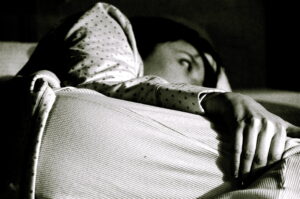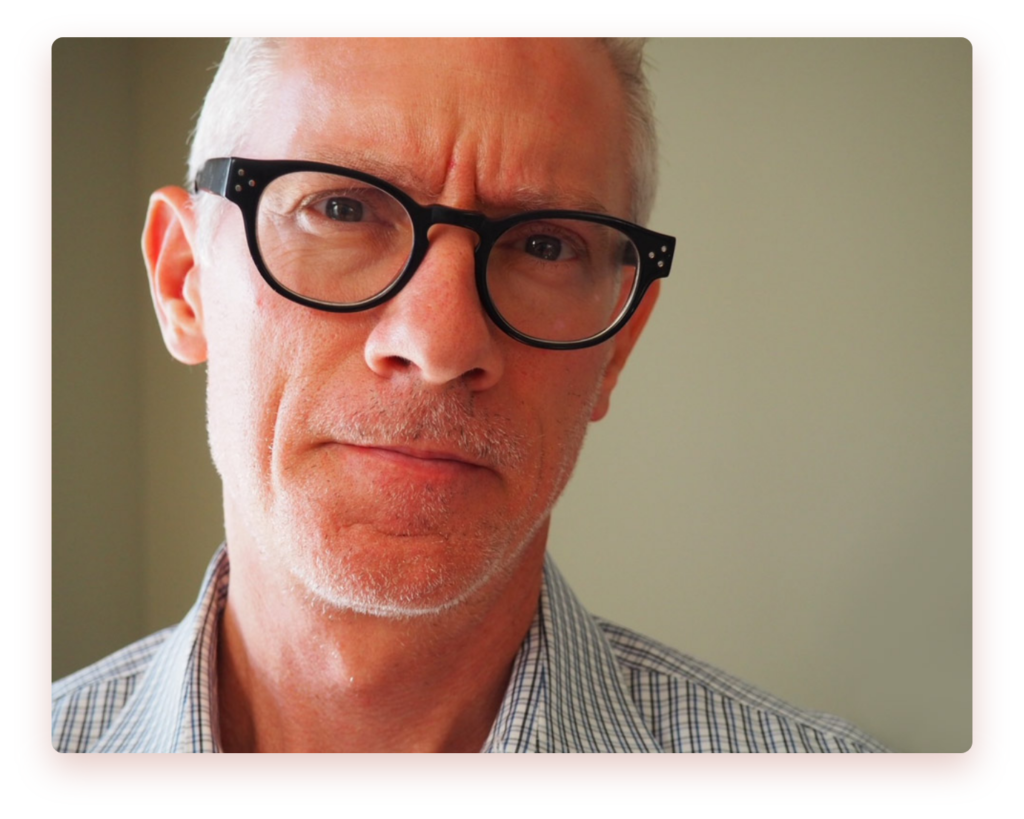
It is 3 a.m. in the morning and Sarah is still wide awake. If she was in college and did not have class until the afternoon or it was the weekend, this would not be as much of an issue; however, it is actually Tuesday night (Wednesday morning, really), and she has to be at work by 8 a.m., giving her a maximum of 4 hours of sleep. Because work has been particularly stressful this past month, causing her to experience insomnia most nights, she had a glass of wine earlier in the night, in an attempt to help her body wind down and hopefully fall asleep. That one glass turned into a whole bottle and now she is not only still awake, but likely to have an alcohol-induced headache throughout the work day tomorrow.
Like Sarah, between 30% and 50% of adults in the U.S. experience insomnia, with an estimated 10% suffering from chronic insomnia, according to the Sleep Management Institute. While not getting enough sleep is something that every adult faces from time to time due to work, stress and/or depression, and other factors, insomnia is a more serious problem that people all too often pass off as an inconvenience. The reality is it can cause serious health problems for those whom it affects, especially if they turn to unhealthy means, such as alcohol and drugs, to deal with the insomnia. Fortunately, there are many tips and techniques that people with insomnia, especially caused by stress or anxiety, can use to help them get to sleep earlier and sleep better during the night.
What every professional will tell you, from stress management counselors to sleep therapists, is that what technique works for one person with insomnia may not work for another person; thus, getting a better and healthier handle on your insomnia could be a long process of trial and error. However, with the help of a skilled counselor and other professionals, who can help you identify the stress and anxiety that’s causing the insomnia, in addition to the following tips and techniques, you may be able to sleep more and better:
If you have insomnia, consider trying out some of these tips to help you sleep better. However, you should keep in mind that you might not see results in one day or even a week; It may take time for these tips to begin working. For this reason and the fact that a counselor can help you address your sources of stress and anxiety, it’s important to seek the support and help of a trained professional if you are not seeing the results you desire.

Dr. Brian Sullivan is a licensed clinical psychologist with over 30 years of experience. He holds a PsyD Doctorate in Clinical Psychology as well as a Master’s Degree in Clinical Psychology from Florida Institute of Technology (FIT). Dr. Sullivan believes his job is to work himself out of a job by helping people reach a point at which they no longer need his help.

Rachel Kepes is a Licensed Professional Counselor passionate about helping adolescents, their families, and adults struggling with life stressors, relationship difficulties, behavioral and mental health challenges.